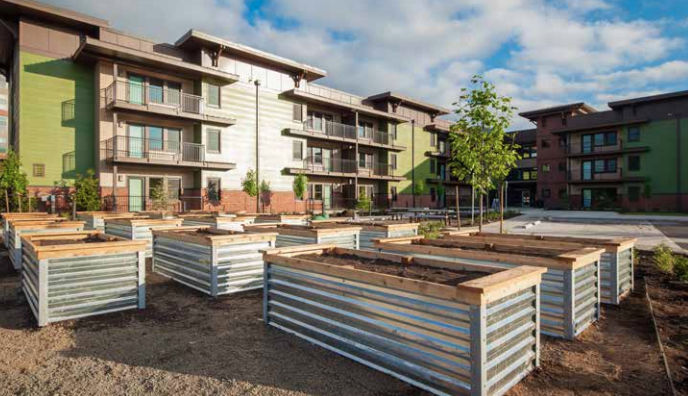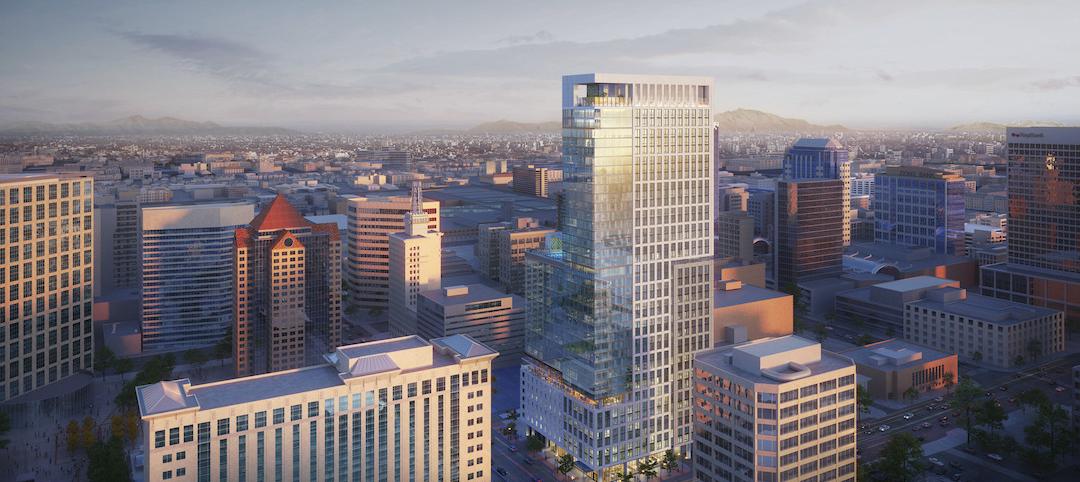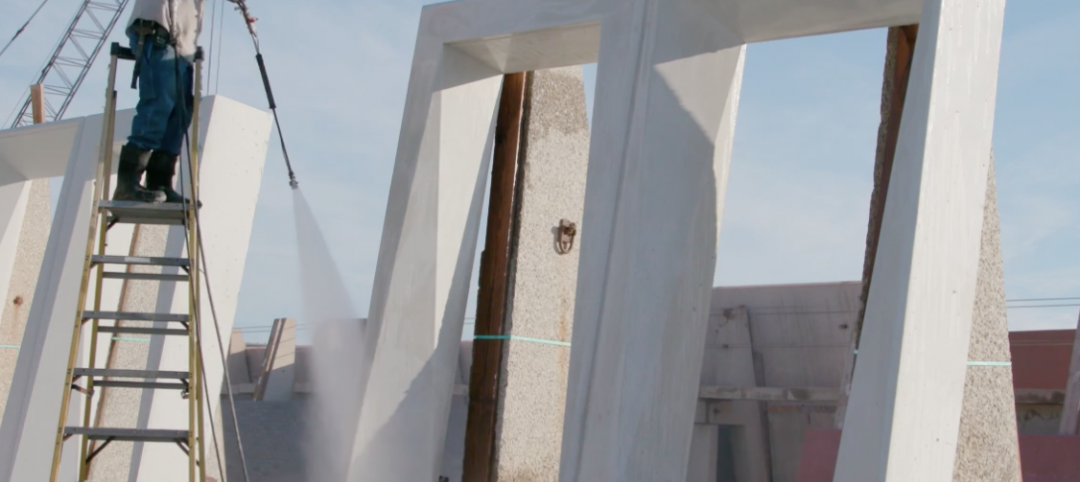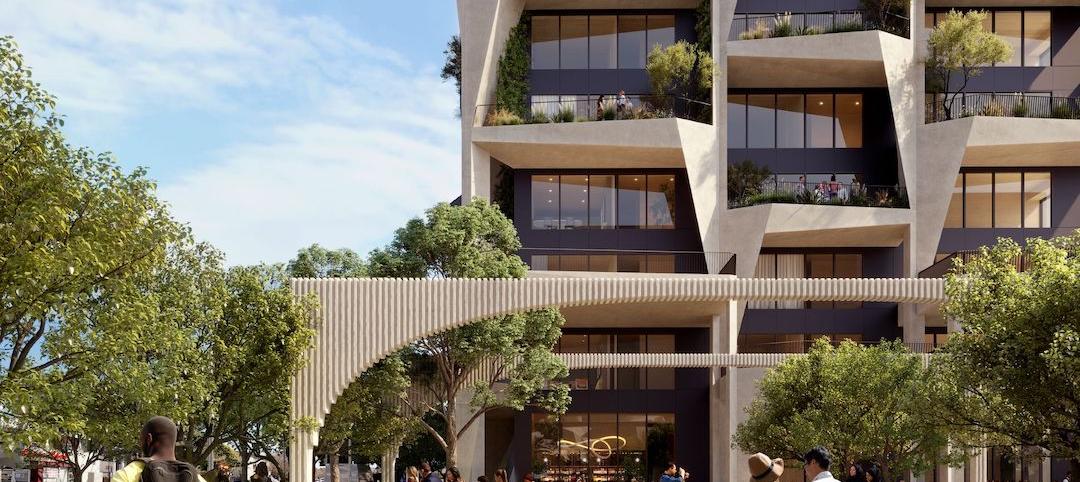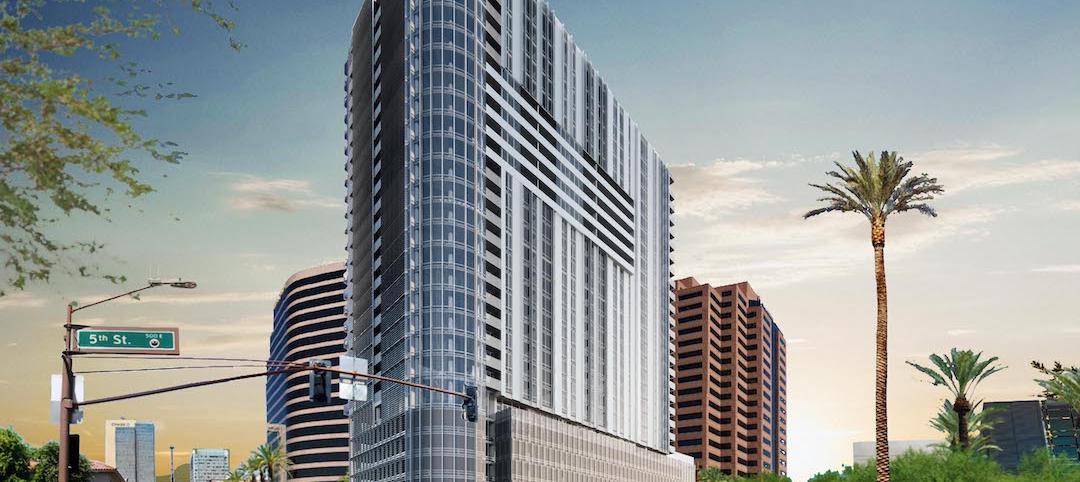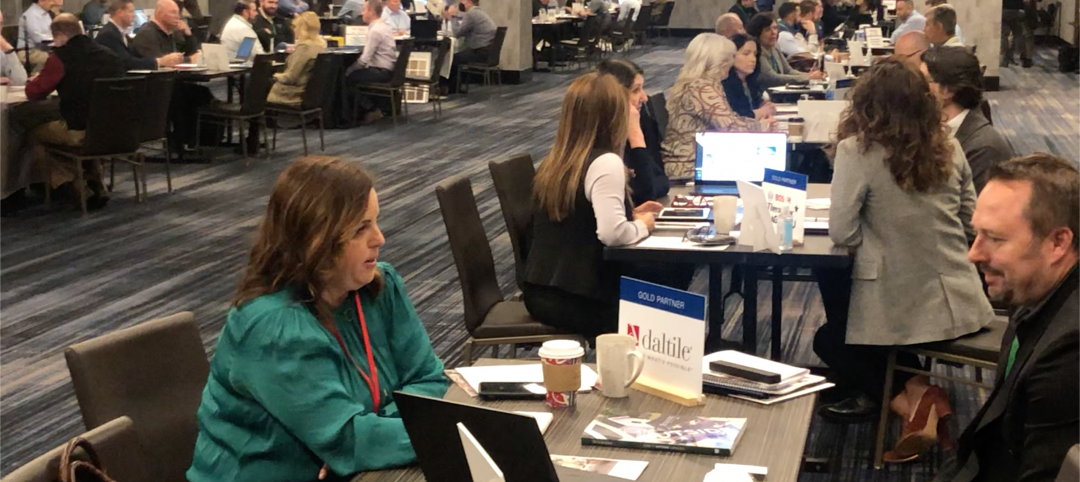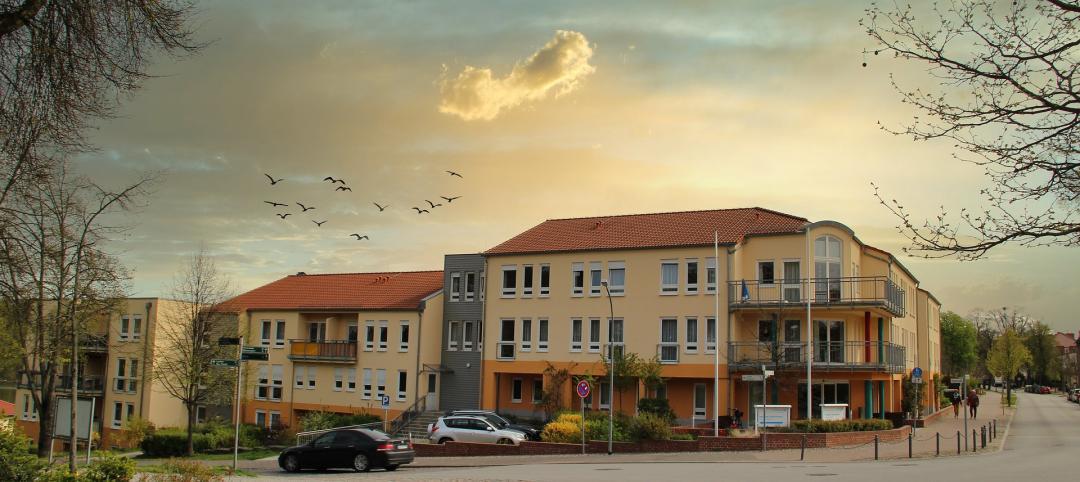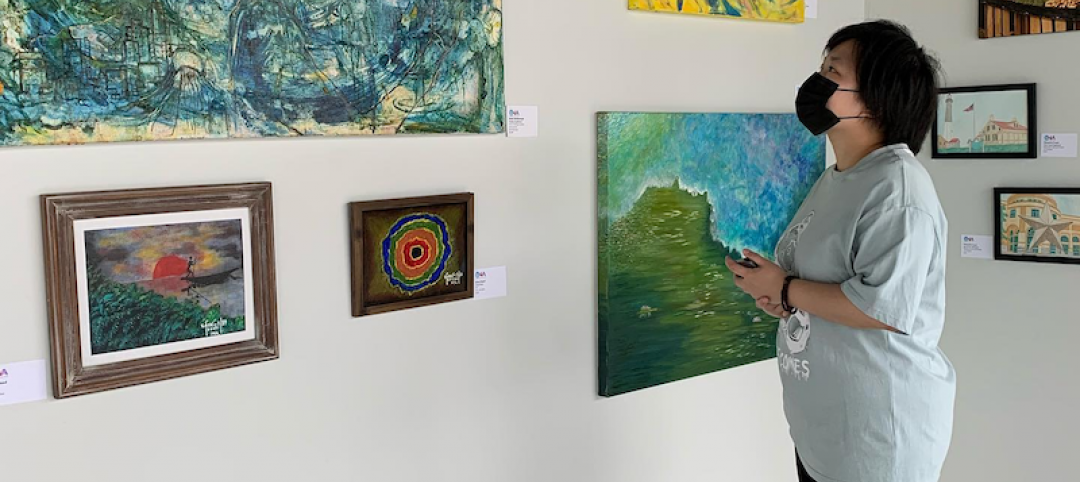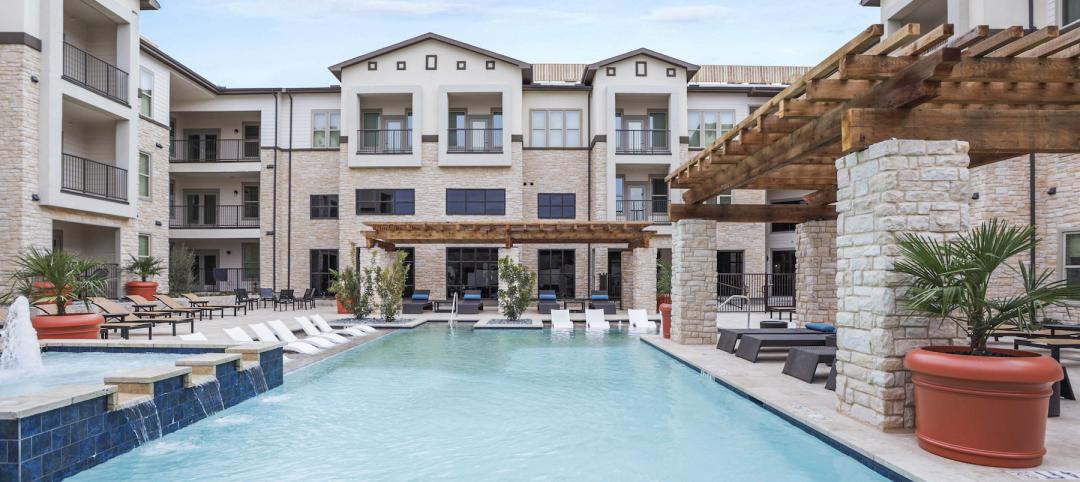Climate change is not a fashionable topic in certain quarters these days, but it cannot be ignored and will only get worse unless those who can do something about it take action.
Since two-fifths of energy use in the U.S. can be attributed to buildings (including multifamily structures), the responsible parties in this case are building owners, facilities managers, property developers, architects, engineers, builders, and contractors. In other words, you and your professional colleagues.
SEE ALSO: Take BD+C’s free Passive House continuing education course, "Building Passively"
PRESUMABLY, YOU’RE ALREADY DOING YOUR BIT
Maybe your firm has signed up for the AIA 2030 Commitment to eliminate carbon emissions in the buildings you design by 2030. Or you’re shooting higher and higher on your LEED for Homes projects. Or you’re certifying your apartment property with GreenPoint, or with the NAHB National Green Building Program. All commendable, but not enough. In general, those efforts will only yield an average energy savings of 20-25% over “conventional” construction, i.e., meeting minimum building energy code requirements. To make a real dent in reducing greenhouse gas emissions, we need to be in the 50-75% range of energy savings for new construction.
MAY I SUGGEST A FRESH APPROACH?
If you haven’t looked seriously at “passive house” design and construction, you should. OK, I know. You’ve already got an image in your mind of a bearded guy in lederhosen holding a stein of beer, standing in front of a cute little cottage in the Bavarian Alps.
Passive house design and construction is anything but that; in fact, it started right here in the good ol’ USA. Passive house uses systems and building products you use every day. It employs techniques that are familiar to the construction trades. Most important, it relies on solid building science: Orient the building correctly to the sun. Seal it tight to halt air leaks that sap energy. Insulate the walls and roof to a “super” level. Use high-performance windows and doors.
Eliminate thermal bridges. Do these things right and you can save 80-90% on heat energy, 50% on cooling energy, for an average 50-70% total energy savings. That’s what you can get when you build “passively.”
PASSIVE HOUSE HAS SPECIAL APPLICATION TO MULTIFAMILY PROJECTS.
In addition to the energy savings (which are hardly trivial), apartment and condominium buildings built to passive house standards use quiet, low-volume air circulation systems that filter indoor air and enhance occupant comfort. That’s a nice payoff for doing the right thing.
To learn more about passive house (and gain 1.0 AIA HSW Learning Units or Professional Development Hours), go to BDCnetwork.com/building-passively-aia-course.
I hope “passive house” will be the start of a whole new professional adventure for you.
Related Stories
Multifamily Housing | Jan 13, 2022
Astra Tower will be Salt Lake City’s tallest high-rise
HKS designed the project.
3D Printing | Jan 12, 2022
Using 3D-printed molds to create unitized window forms
COOKFOX designer Pam Campbell and Gate Precast's Mo Wright discuss the use of 3D-printed molds from Oak Ridge National Lab to create unitized window panels for One South First, a residential-commercial high-rise in Brooklyn, N.Y.
Multifamily Housing | Jan 12, 2022
Nabr, co-founded by Bjarke Ingels, looks to reimagine the future of urban living
The company’s first development is slated to break ground in summer 2022.
Multifamily Housing | Jan 12, 2022
Construction begins on downtown Phoenix’s PALMtower
The multifamily tower will rise 28-stories.
ProConnect Events | Jan 8, 2022
ProConnect Events 2022: Multifamily, Sustainability, Education, and Single Family – watch the video to learn how to participate!
At ProConnect events, building product manufacturers meet with AEC professionals and real estate developers to discuss upcoming building projects, new products, and technical solutions.
Senior Living Design | Jan 5, 2022
Top Senior Living Facility Design and Construction Firms
Perkins Eastman, Kimley-Horn, WSP USA, Whiting-Turner Contracting Co., and Ryan Companies US top BD+C's rankings of the nation's largest senior living sector architecture, engineering, and construction firms, as reported in the 2021 Giants 400 Report.
Multifamily Housing | Dec 22, 2021
This will be Fort Lauderdale’s Tallest Building
ODA is designing the project.
Multifamily Housing | Nov 29, 2021
Arthaus residential units and community art gallery debut in Allston, Mass.
PCA-designed residential community includes 74 apartments, 9 condos by The Mount Vernon Company.
Sponsored | Multifamily Housing | Nov 24, 2021
MagicPak HVAC System: More Desirable Living, Dramatically Less Time
When tapped to create a modern 280-unit residence in downtown Philadelphia, modular builder Volumetric Building Companies used the MagicPak All-in-One™ HVAC system to optimize square footage, expand rooftop amenities, improve the exterior aesthetics and simplify ongoing maintenance – all with 60 percent less onsite HVAC install time than a traditional split system.
Giants 400 | Nov 18, 2021
2021 Multifamily Sector Giants: Top architecture, engineering, and construction firms in the U.S. multifamily building sector
Clark Group, Humphreys and Partners, and Kimley-Horn head BD+C's rankings of the nation's largest multifamily building sector architecture, engineering, and construction firms, as reported in the 2021 Giants 400 Report.


